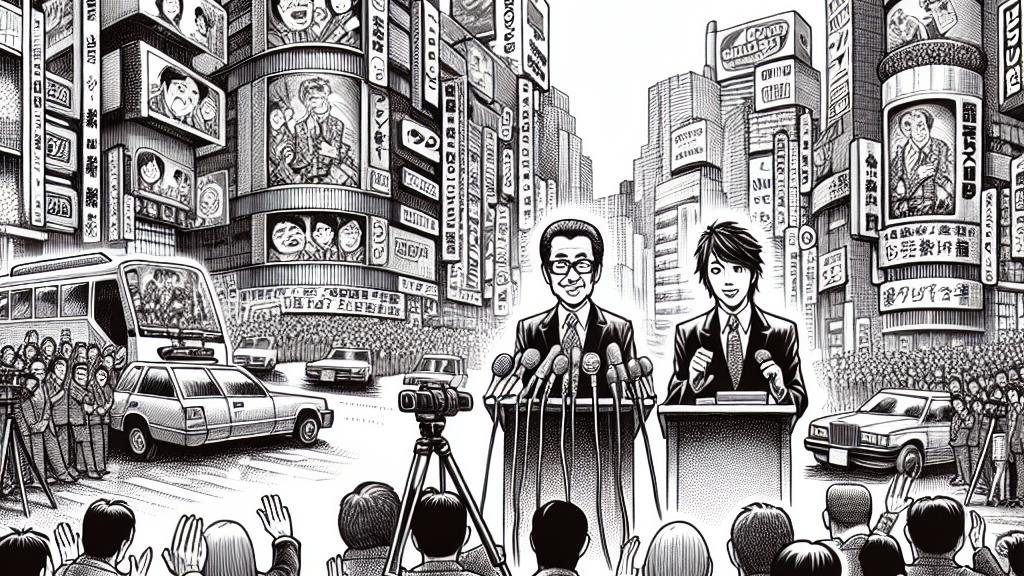Cancellation of Drama Production by Nippon Television
Overview
- Nippon Television has made the startling decision to cancel a highly anticipated drama that was slated to air in April 2025.
- This cancellation arises from unresolved conflicts between the original manga author and the production team, sparking worries about creative integrity and collaboration in the industry.
- Amplifying existing tensions, this issue echoes notable controversies regarding adaptations of popular manga into television dramas, emphasizing the need for change.

Background of the Cancellation
In an unexpected turn of events, the cancellation of Nippon Television's upcoming drama was announced during a press conference held in the vibrant and bustling district of Shiodome, Tokyo. Executives, including Hiroyuki Fukuda, revealed that this drama had generated considerable excitement among fans, serving as a much-anticipated addition to the spring 2025 lineup. However, as production was set into motion, deep-seated issues surfaced between the team and the manga's author. This turmoil, marked by a lack of communication and collaboration, illustrates the difficulties that arise when adapting well-loved manga into live-action formats, where often delicate creative visions clash with the demands of commercial television.
Impact of Previous Controversies
This cancellation brings to mind the tumultuous landscape of manga adaptations, especially highlighted by the drama 'Sexy Tanaka-san', where significant backlash erupted following conflicts with its creator, Hinako Ashihara. The fallout led to public disputes that showcased how fragile the relationships between creators and production companies can be. Ashihara's tragic passing earlier this year only intensified the scrutiny on industry practices, forcing Nippon Television to reassess its guidelines for ensuring smoother collaborations on adaptations. The current cancellation serves as a sobering reminder of the recurring challenges: balancing the vital creative rights of authors against the commercial interests that drive television production, a tightrope often walked with difficulty and hesitation.
What This Means for Future Productions
The repercussions of this cancellation extend far beyond just one drama; they reverberate throughout the entirety of the Japanese entertainment industry. Experts and insiders suggest that this current situation may indeed catalyze much-needed change. There is a growing consensus that companies must foster a more collaborative environment with authors if they wish to thrive in the world of manga adaptations. As the appetite for such adaptations remains insatiable among fans, the challenge lies in crafting a harmonious relationship that both respects and honors the creative integrity of the original authors. By promoting consistent and open dialogue, the industry has the potential to create adaptations that are not only engaging for audiences but also respectful of the stories and visions that inspired them in the first place.

Loading...